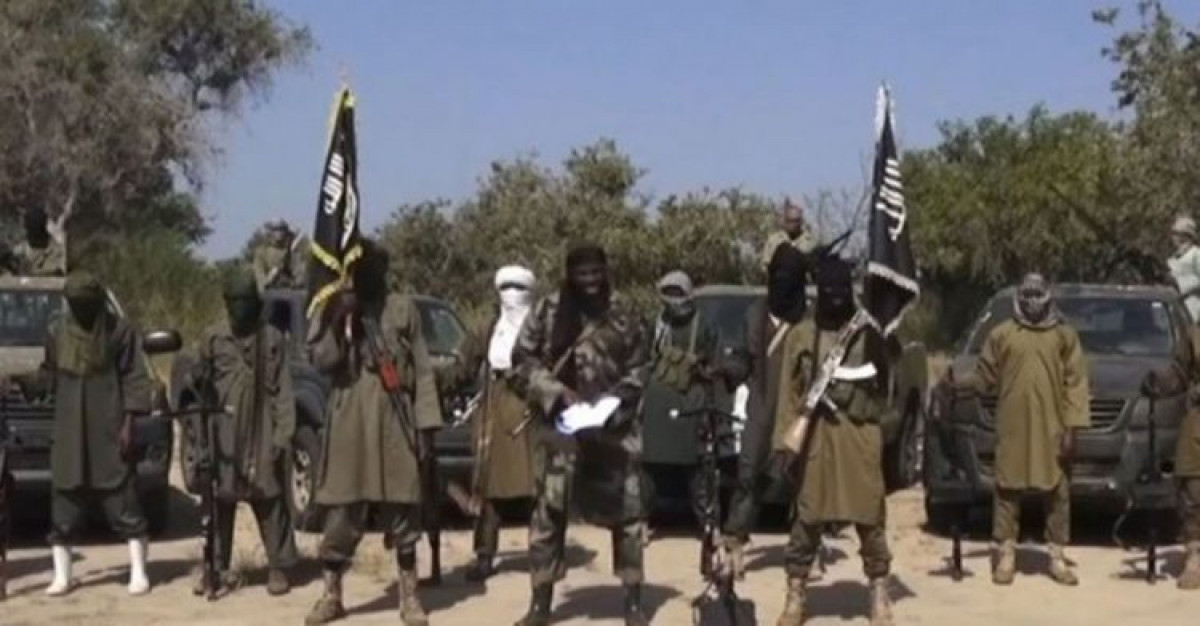 675
675
Many countries, including Saudi Arabia, have attempted to increase their influence in Africa for several reasons. Taking into consideration the Saudi attempt to compete with other ambitious nations such as Iran and Turkey, both of which aspire to lead Muslims across the world, the Al-Saud regime employs different strategies to propagate its ideology throughout Africa. One of Riyadh’s most important goals is to shape the religious beliefs of Africa’s vast Muslim population, an ambition that has led Saudi Arabia to invest heavily in the continent. According to observers, the Saudi government is attempting to transform Africa into a platform for the development and dissemination of its pernicious ideology, which has the potential to be extremely radical and generate sociopolitical catastrophes among other Muslim communities that do not have any links with the Saudi religious worldview. Saudi Arabia’s promotion of Salafism and Wahhabism among African Muslim communities, especially in Nigeria, is one of the most important measures Riyadh has taken in this regard. One of the key components of Saudi Arabia’s strategy to establish its soft power in Nigeria is the financial and ideological support of terrorist groups in Nigeria’s volatile Zamfara area, particularly Boko Haram (dubbed the “Nigerian Taliban”). Boko Haram began as a movement against Western education in Nigerian schools and universities but soon morphed into a Saudi-backed bloodthirsty organization that abducted young women and carried out suicide missions. The terrorist group initially attacked specific targets in Nigeria before extending its operations to Lake Chad, where it kidnapped civilians and soldiers and murdered scores of civilians. Later, in 2004, the Saudi embassy’s cultural attaché in Abuja acknowledged that Saudi Arabia was delighted with Boko haram’s adoption of the Wahhabi-based codes of law. The Nigerian Tribune reported in 2012 that a Saudi Wahhabi charity had channelled money to Boko Haram, an allegation that was corroborated two years later in a letter to President Barack Obama signed by 14 members of Congress. In March 2015, “Boko Haram,” which means “Western education is banned” in the local language, pledged allegiance to ISIS and designated Abu Musab al-Bernawi, a senior ISIS official, as its commander. Even the international community and African Union members have been unable to reduce Boko Haram’s attacks due to the terrorist group’s breadth of operations. For example, in the fight against Saudi-backed militants near Lake Chad, Chad’s army has sustained significant casualties. After battles with insurgents outside the country’s boundaries, Chad’s President, Idriss Déby, was murdered. Saudi Arabia seems to be determined to support Boko Haram, to the extent that ISIS is seeking sanctuary in Africa after suffering defeats in Syria and Iraq.
Comment
Post a comment for this article